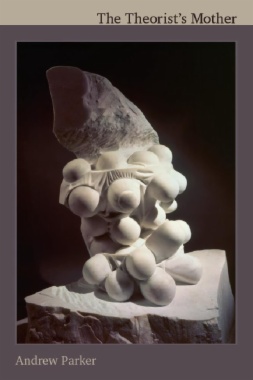In The Theorist's Mother one of our subtlest literary theorists turns his attention to traces of the maternal in the lives and works of canonical male critical theorists. Noting how the mother is made to disappear both as the object of theory and as its subject, Andrew Parker focuses primarily on the legacies of Marx and Freud, who uniquely constrain their would-be heirs to "return to the origin" of each founding figure's texts. Analyzing the effects of these constraints in the work of Lukács, Lacan, and Derrida, among others, Parker suggests that the injunction to return transforms the history of theory into a form of genealogy, meaning that the mother must somehow be involved in this process, even if, as in Marxism, she seems wholly absent, or if her contributions are discounted, as in psychoanalysis. Far from being marginalized, the mother shows herself throughout this book to be inherently multiple and therefore never simply who or what theory may want her to be. In a provocative coda, Parker considers how theory’s mother troubles will be affected retroactively by scientific advances that make it impossible to presume the mother's gender.
- Contents
- Preface and Acknowledgments
- Introduction: Philosophy’s Mother Trouble
- 1. Mom, Encore: Rereading, Teaching, and “Maternal Divination”
- Beware the Crocodile!
- “Mom”
- Lacan’s Two Bodies
- Do Not Read
- “Maternal Divination”
- 2. History, Fiction, and “The Author of Waverley”; or, Fathers and Sons in Marxist Criticism
- Family Romances
- The Prehistory of the Present
- The History of the Father
- Fictions: Of Paternity
- “The Author of Waverley”
- 3. Translating Revolution: Freud, Marx, and the Mameloshn
- The Mother of Language
- The Translator’s Hand(s)
- Philosophies of Translation
- Forgetting the Mother Tongue
- The Mameloshn
- Coda: Other Maternities
- Notes
- Bibliography
- Index

